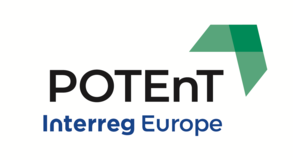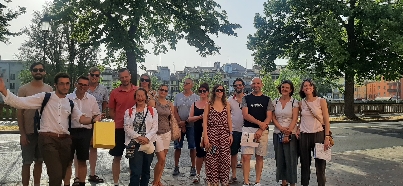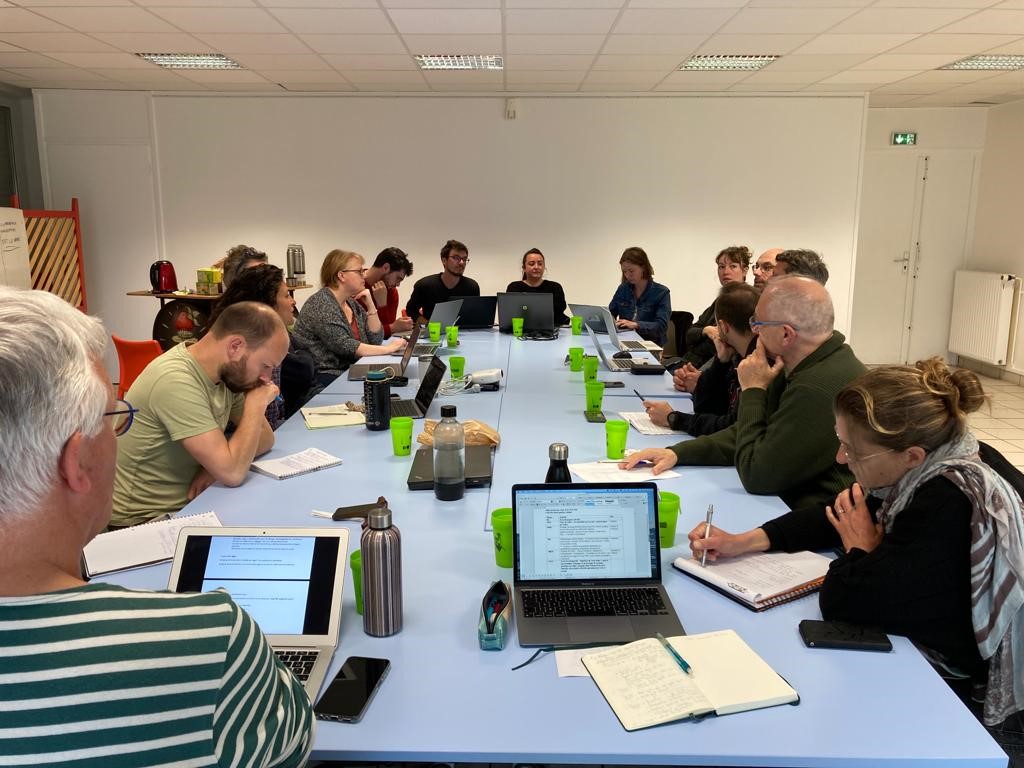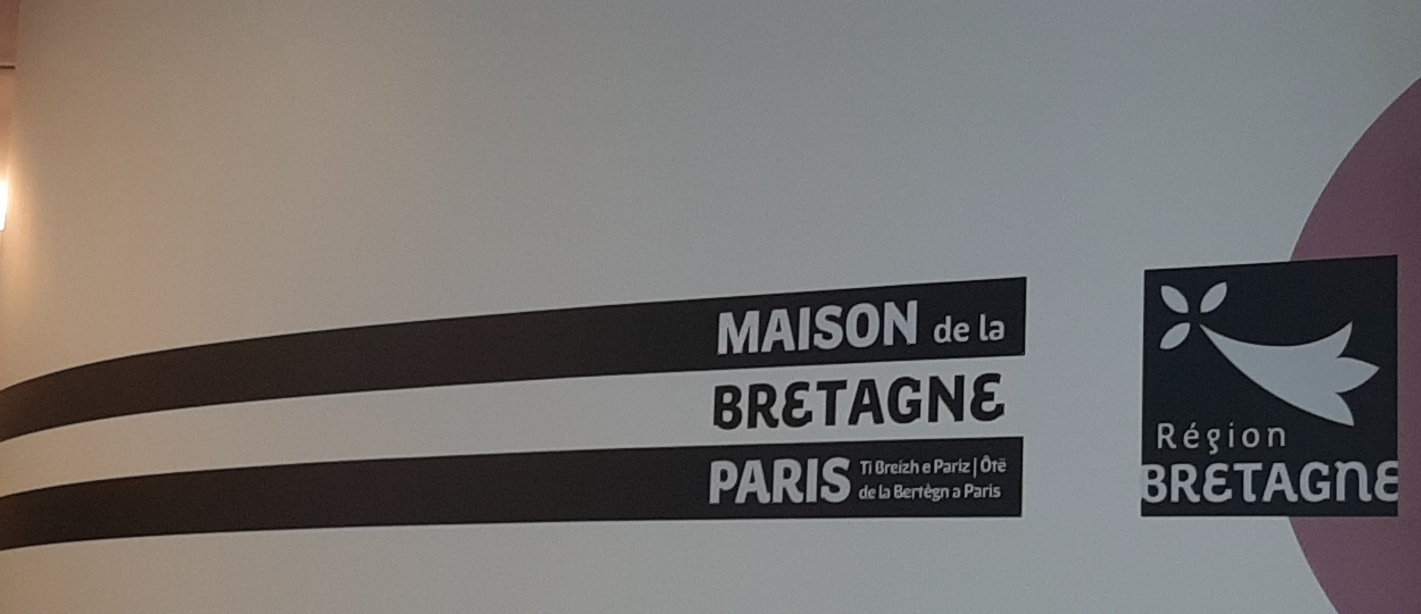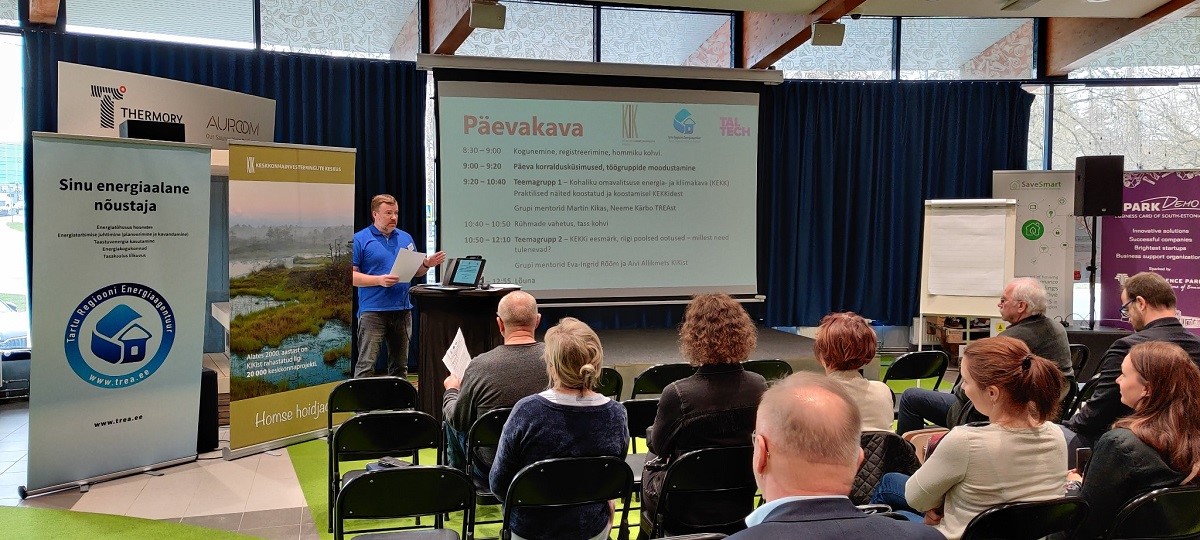Covid-19 has heavily impacted everyone’s life in Europe and beyond and also POTEnT modified its plans and scheduled activities to cope with this situation.
While in 2020 all interregional learning activities have been done online, study visits have been postponed to 2021 and will be held both remotely and, hopefully, in person after the spring.
POTEnT project partners and stakeholders will therefore be involved in January and February in the first 3 online study visits, organised by ESS-Energykontor Sydost, ALOEN and Milton Keynes City Council.
ESS will break the ice on the 19th of January. The Energy Agency for Southeast Sweden will present the good practice “Växjö Energi 100%”.
Växjö municipality is implementing several actions with the aim to become “the greenest city in Europe”; one of them is the realisation of a 100% fossil free district heating production. The Municipality owned District Heating company (Växjö Energi) and will present the way from first heat deliveries 1974 with a big scaled boiler where crude oil was used as feedstock until today with 100% fossil free production.
ALOEN and Milton Keynes will follow in February. POTEnt French lead partner ALOEN - Agence Locale de l'Énergie et du Climat de Bretagne Sud will present on the 8th of February the good practice “OnCIMè: Citizen Driven and Funded Renewable Energies”, where renewable energies are carried out and financed by citizens.
Finally, on the 16th the UK municipality of Milton Keynes will present its “Centralised Utility Bill Payment & Monitoring”. For some years the city council centralised the payment and monitoring of all utility bills: energy data collected in this way are essential for monitoring the council’s emissions, as well as streamlining invoice payment and good procurement practice.
These first online study visits will definitely give some food for thoughts in terms of the many good practices presented. They will also prepare POTEnT partners for the upcoming semester, where they will continue to exchange good practices through study visits, hopefully not only online.
Next step will be the identification by each partner of the best practices that are most relevant for their region for a potential transfer of knowledge, tools and skills. The final goal will be a progress towards carbon reduction 10% greater than what is expected or planned in each partner region by 2023, through the improved provision of energy services by public authorities.
